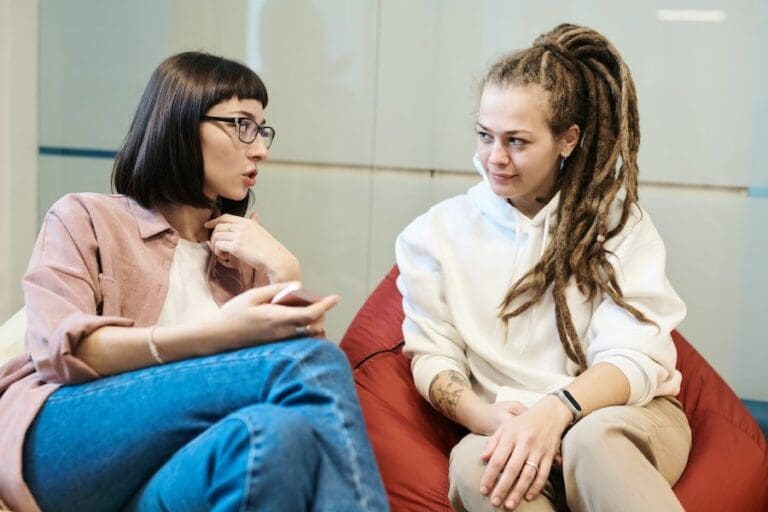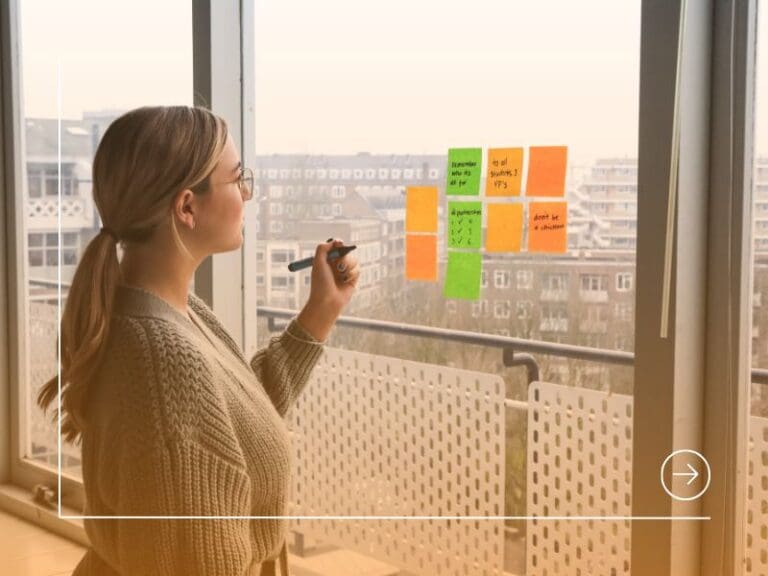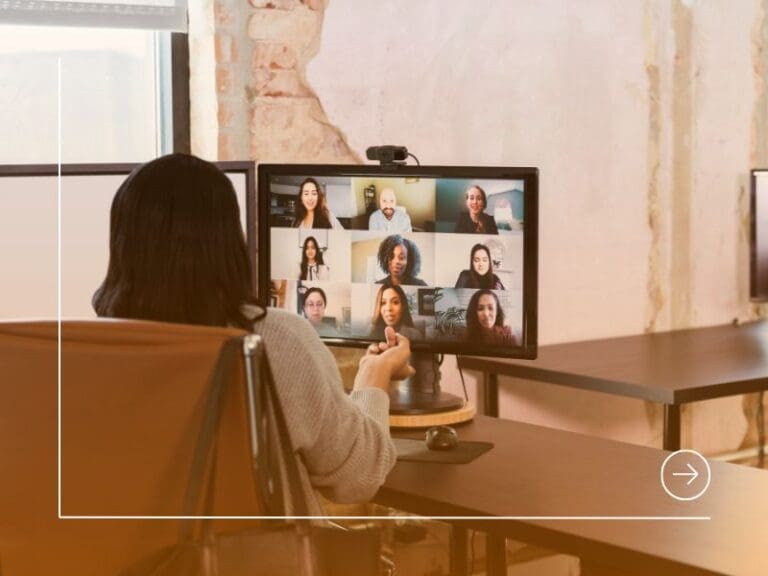Interpersonal skills involve reading the signals that others send and interpreting them accurately in order to form effective responses.

In this article, Fiona Burton, Club Executive of AND Digital’s Club Grace in Edinburgh, looks at why these skills are critical when it comes to digital roles.
Too easily, the idea of “digital skills” becomes equated with technical capabilities: coding, IT expertise, or proficiency with software. Instead, Fiona demonstrates how, with recent trends in tech such as ‘no-code’ development, Artificial Intelligence, and the Shift-Left in DevOps, the need for strong business, project management, and interpersonal skills are critical in today’s digital roles. This means a broader range of possibilities for those who are entering the digital workforce for the first time or changing careers.
As part of her role, Fiona is responsible for setting up and leading the second Edinburgh Club by building an 100-strong team of product analysts, software developers and designers across all levels.
Previously a Board Director at The Leith Agency, Fiona brings considerable expertise in growing a successful client base and leading teams. In her 17 year advertising career she has created impactful advertising campaigns for clients including: Royal Bank of Scotland, Scottish Power, Whyte & McKay, Disney-Pixar and WWF.
“We won’t break past our limits if the people working in tech all act and behave the same way.”
WHY DID I MOVE INTO TECH?
When it comes to making career choices and major decisions about what direction to head in, pair it back to a simple question of – ‘what do you want from this opportunity?’ In my career I have always wanted to work with people, to share my passion for communication and new ideas, and have a focus on problem-solving.
I had a great time in marketing and advertising, and came to a natural point of wanting to learn more and explore a new sector. I became interested in AND Digital because the culture and values aligned with my own personal outlook. The organisation is super-ambitious, which I love, and its people are the driving force and focus of the work.
This summer will mark my first year in the role, and in that time I have become more passionate about the need to attract women into tech, and to speak frankly and honestly about why diversity is so important in our sector.
(WO)MAN VS MACHINE.
For technologies to continue to evolve we need them to work for everybody, so we all need to be involved. We need women to be involved in all tech roles, but we also need to think broadly and hire people from a diversity of backgrounds, ages, ethnicities, sexualities, and distinguishing differences like neurodiversity and disability and ensure everyone is valued. For that to translate into digital products, we need to see action taken by the tech companies creating them. At AND Digital we have dedicated communities set up to provide additional support and increase awareness across AND Digital for women in tech, Black, Asian, Minority Ethnic people, LGBTQ+, working parents, neurodiverse colleagues, and people with disabilities.
We are already seeing that programmes like Chat GPT simply are not reliable without human fact-checking, and biases in AI continue to be a big challenge for wide scale rollout. There is a lot of news to read about AI, the Metaverse, Quantum computing and bots. These technologies share an aim to replicate, or even surpass, human behaviour and ability, but they lack the emotional intelligence to deliver that.
Over the next few years we are going to see that the brands and businesses enjoying the greatest success, are those that marry the power of technologies with human experience informing the design and delivery. Artificial intelligence is receiving a lot of attention at the moment with news stories focusing on impressive content created by AI, but many of us are picking up on its failings in conversational subtlety and nuance.
“Digital skills” are about so much more than coding, programming, and software development. In our industry we need to understand specific business processes, design, test, iterate, communicate, and implement products and services. Digital skills also mean engaging with empathy and compassion to understand customer needs and to craft touchpoints and narratives that meet their requirements. We need to be curious, and have the dedication to continually develop our own skills as well as supporting others to grow.
KNOWING WHERE TO BEGIN.
For people looking to change careers or seeking a new challenge in the digital sector, it can be so easy to focus on the minute detail of what you’re not an ‘expert’ in, and getting shy to apply. If you take a step back to assess your skill set as a whole whether it be experience in project management, client relationships, product design and development, or many other skill sets – the chances are these will be in high demand when applied in a digital context.
I look back on my experience of nearly two decades in working in advertising agencies to think about the skills I developed there. Leading teams, growing clients, developing business relationships, financial management, thinking creatively and strategically, nurturing a passion for communication and ideas, problem solving. How many of these competencies are required in a digital role? Every single one.
The tech sector isn’t just about the products and services we can deliver – who we are as people and the personal values we can bring to technology and digital solutions are just as important as the tech itself. We need the right people driving these technologies, which may try to reproduce or surpass human behaviour and intelligence, but we won’t break past our limits if the people working in tech all act and behave the same way.








